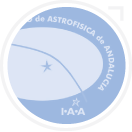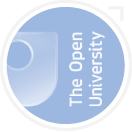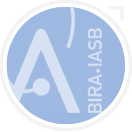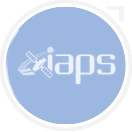Project
UPWARDS falls within Horizon 2020, the European Union’s most ambitious research and innovation programme, which aims at excellence in scientific production, industrial leadership and the quest for answers to social challenges. UPWARDS is a cutting-edge project which, through the cooperation of groups of excellence, is building a comprehensive image of Mars, examining everything from the subsoil to the escape into space.
The development of new tools and their application for the study of existing data aims to answer some of the great questions about the red planet, among which stand out the global water cycle, the exchange of methane and other gases between the atmosphere and the interior of Mars, the behaviour of dust storms and the nature of the Martian subsoil. Furthermore, members of UPWARDS participate in the European ExoMars mission, 2016-2018, developing new analytical tools to help create a scientific framework of reference for future missions to Mars.
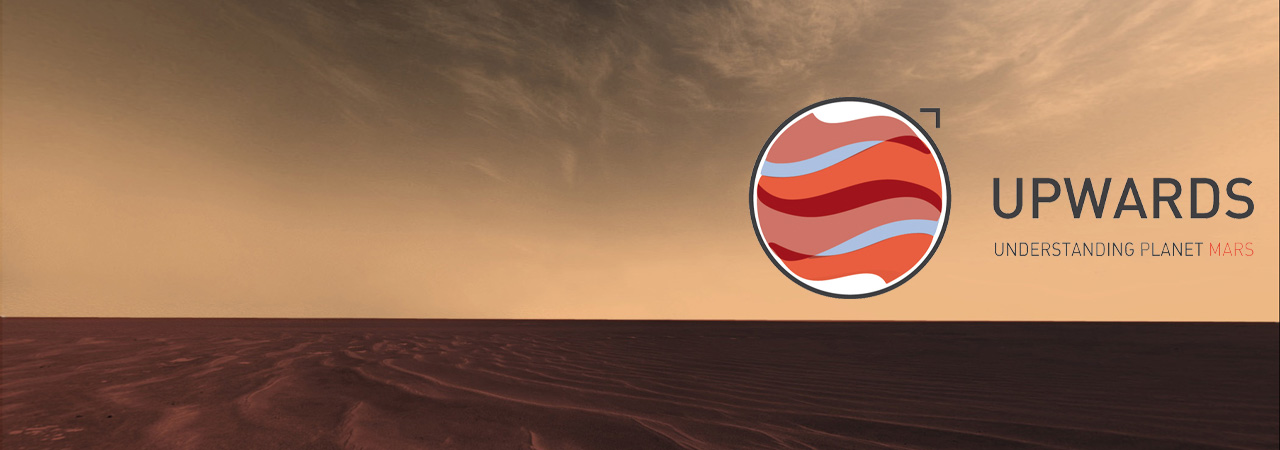
The UPWARDS consortium is composed of the Higher Scientific Research Council (CSIC, Spain); the Open University (OU, United Kingdom); Institut d’Aéronomie Spatiale de Belgique (IASB, Belgium); Centre National de la Recherche Scientifique (CNRS, France); Istituto Nazionale di Astrofisica (INAF, Italy); Koninklijke Sterrenwacht van Belgie (ORB, Belgium) and the Complutense University of Madrid (UCM, Spain).
The goal of the UPWARDS project is to review and analyse data available from the European Mars Express mission and from other Martian missions, using a novel combination of state-of-the-art retrieval tools and geophysical and atmospheric models, in order to achieve the following objectives:
- address a selection of major challenging open scientific problems in current Mars research
- prepare a set of tools, developed by world class European expert teams, for exploitation of data from the 2016 ExoMars Trace Gas Orbiter (TGO)
- deliver enhanced scientific context based on the best available data and revised knowledge for the 2018 ExoMars Rover operations, and other future Mars missions
These objectives are addressed by a set of work packages dealing with the following interrelated themes:
 |
 |
 |
 |
|
The overall objective is to develop and test innovative retrieval techniques that will allow us to obtain additional information from existing datasets. Read more... |
The overall objective is to link the potential subsurface ice/clathrate deposits, the conditions that can produce their destabilisation, their transport to the surface and the atmospheric observations of trace species. Read more... |
The overall objetctive is to improve our knowledge of the properties of the Martian surface and their temporal variability. Read more... |
The overall objective is to revise and improve the current understanding of the Mars water cycle, quantitatively characterizing the different process at work. Read more... |
 |
 |
 |
 |
| The overall objective is to improve our knowledge of the properties of the Martian dust and their physical effects on the atmosphere, in particular during dust storms. Read more... |
The overall objective is to improve our knowledge of the atmospheric behaiour in the day-night transition region. Read more... |
The overall objective is to improve our understanding of the Martian atmosphere during daytime, and its coupling with lower layers. Read more... |
The overall objective is to develop advanced data assimilation techniques to improve the analysis and synthesis of new observations from Mars, as might be produced by the ESA ExoMars TGO. Read more... |
 |
 |
||
| The two global objectives of this WP are to clearly define the tasks related to the Dissemination activities; and to structure these within the Consortium, including release of new high-level data to ESA archives. Read more... |
UPWARDS wants to ensure the regular communication to the society of the Consortium goals and achievements, moving the general public closer to scientific research, space and the H2020 efforts. Read more... |
The methodology of each WP, as well as the project as a whole include the following steps:
-
1) Collection of relevant data from past and current Mars missions, with emphasis on MEx and selection of the data not sufficiently exploited so far;
-
2) Application of improved and innovative tools to the collected data to generate new Level-2 and higher level data
-
3) Analysis of the results using state-of-the-art models and/or data assimilation methods
-
4) Dissemination of the data products to the European public archives
Each of these activities follows a clear work-flow or timeline, with exchanges of results between the different topics. High-level data products will be produced, mostly at the end of the work-flow, for example, a revised Global Climatology of temperatures and trace gases based on data assimilation.







